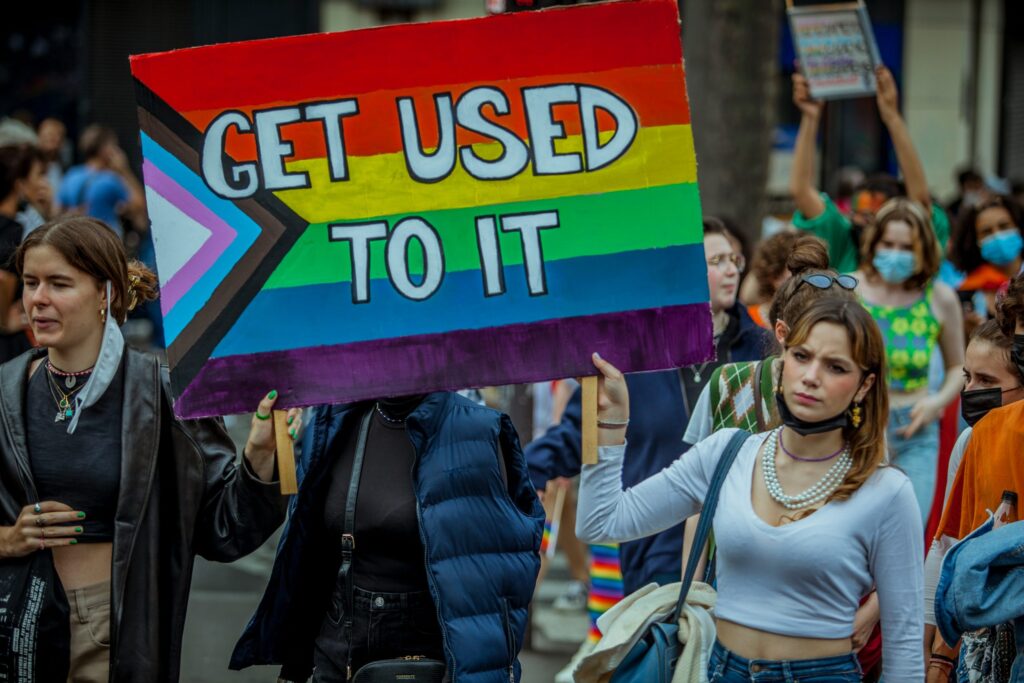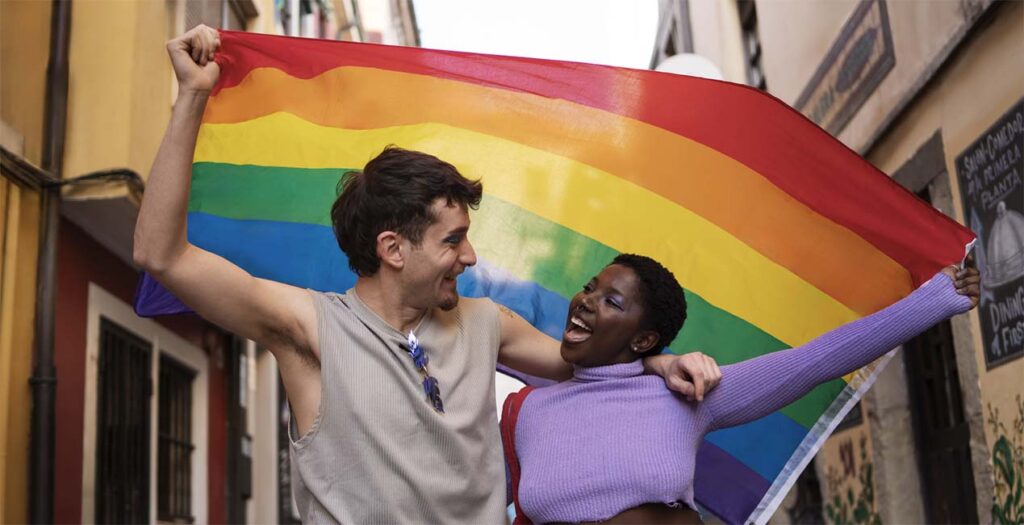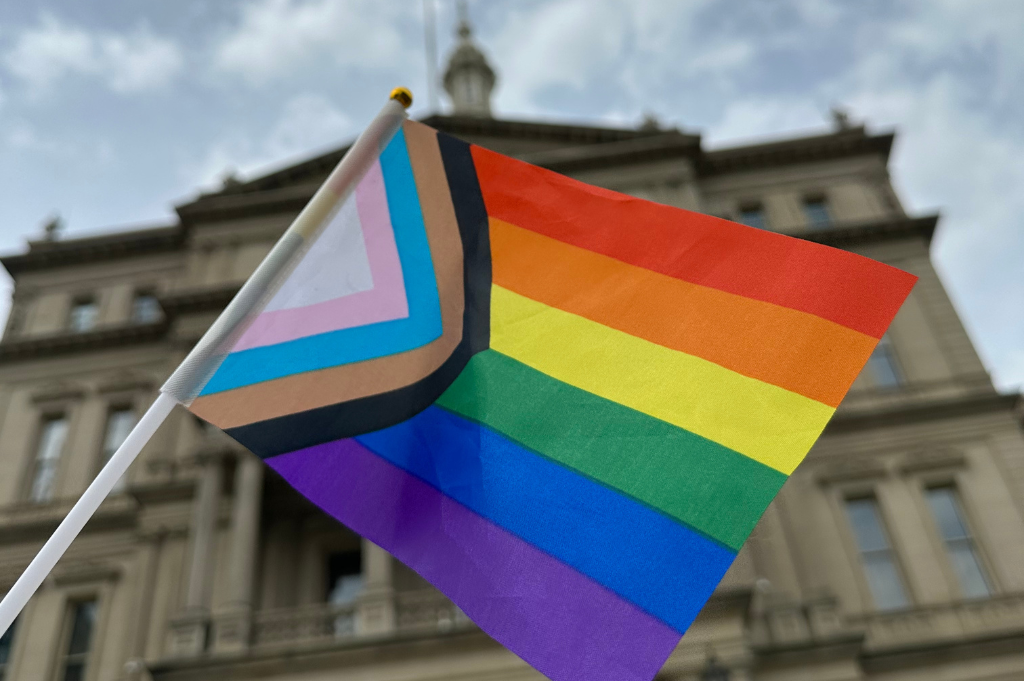Gay/Trans Panic Defense | State Bans & Criminal Case Impact (2025)
Table of Contents
🏛️ Introduction
The Gay/Trans Panic Defense has been one of the most controversial strategies in U.S. criminal law. Once used to reduce charges in violent crimes, it claimed a defendant was provoked into violence after learning a victim’s sexual orientation or gender identity.
But in 2025, more states than ever have outlawed this defense, recognizing it as discriminatory and unjust. For defendants and criminal defense lawyers, this legal shift has profound implications on how cases are argued, defended, and perceived.
⚖️ What Is the Gay/Trans Panic Defense?
The Gay/Trans Panic Defense is a legal strategy where a defendant argues that discovering a victim’s LGBTQ+ identity triggered an uncontrollable emotional reaction, leading to violence.
👉 Historically, it was used to reduce murder to manslaughter or gain jury sympathy.
👉 Today, it is increasingly seen as outdated, prejudicial, and harmful.
📍 State Bans in 2025
As of now, more than 20 states plus Washington, D.C. have banned the Gay/Trans Panic Defense.
✅ California – First state to ban (2014).
✅ New York, New Jersey, Illinois, Colorado, Nevada, Washington, Oregon – Strong bans in place.
✅ Michigan & Minnesota (2024) – Latest states to outlaw it after advocacy from LGBTQ+ rights groups.
⚠️ But not all states have banned it. Some jurisdictions still allow variations, creating an uneven legal landscape for defendants.
🧩 Why Are States Banning It?
- Logic (Equality): Justice should never hinge on a victim’s sexual orientation or gender identity.
- Emotion (Human Impact): Families of LGBTQ+ victims have testified about the pain of seeing their loved one’s identity treated as justification for violence.
- Fear (Legal Risk): For defendants, attempting this defense in a banned state can backfire—judges may bar it, and juries may see it as desperation.

🔴 Live Example
In California (2019), a murder defendant tried to invoke the Gay Panic Defense. The judge immediately blocked it under California law, forcing the defense team to shift strategy. Without the defense, the jury convicted the defendant of murder instead of manslaughter.
This case highlights the real-world impact: once-accepted defenses can now collapse entirely—changing a case’s outcome.
📌 How Bans Impact Criminal Defense
For defense attorneys and clients, these bans mean:
- ❌ No more reliance on bias-driven justifications.
- ✅ Stronger focus on self-defense, mental health, or lack of intent.
- ✅ Greater need for expert witnesses, psychological evaluations, and credible evidence.
- ✅ Awareness that public perception matters—using discriminatory defenses can alienate juries.
🎥 Suggested YouTube Video
Embed or create a short explainer titled:
“Gay/Trans Panic Defense: Why More States Are Banning It in 2025”
Content outline for the video:
- Quick history of the defense
- List of states banning it
- A real trial example (like California 2019)
- Practical tips for defendants
This boosts SEO + engagement, keeping visitors on your page longer.
📊 Quick State Breakdown (Visual Idea)
You can add a map or infographic showing:
- 🟢 States with bans (CA, NY, IL, MI, MN, etc.)
- 🟡 States considering bans
- 🔴 States where it’s still allowed
This design element improves readability and makes your blog more shareable on social media.
💬 Social Proof & Advocacy
The American Bar Association, GLAAD, and National LGBT Bar Association have all called for a nationwide ban. Their support has shaped legislation and influenced how judges instruct juries. For defendants, this means the legal climate is rapidly shifting away from tolerance of panic defenses.

🚨 What Defendants & Families Need to Know
- If charged in a ban state, don’t expect Gay/Trans Panic Defense to work—it will likely be thrown out.
- Defense strategies must be modern, evidence-based, and credible.
- Always work with a criminal defense lawyer who understands the latest state laws and bans.
✅ Conclusion
The Gay/Trans Panic Defense is fading fast in U.S. courts. What was once a widely used legal strategy is now recognized as a dangerous loophole that fuels bias and undermines justice.
For defendants, the message is clear: outdated tactics no longer hold weight. Strong, evidence-based defenses—and lawyers who understand modern legal reforms—are the key to navigating today’s criminal justice system.
📞 Facing charges? Contact our criminal defense team for a confidential consultation today.


Leave a Reply